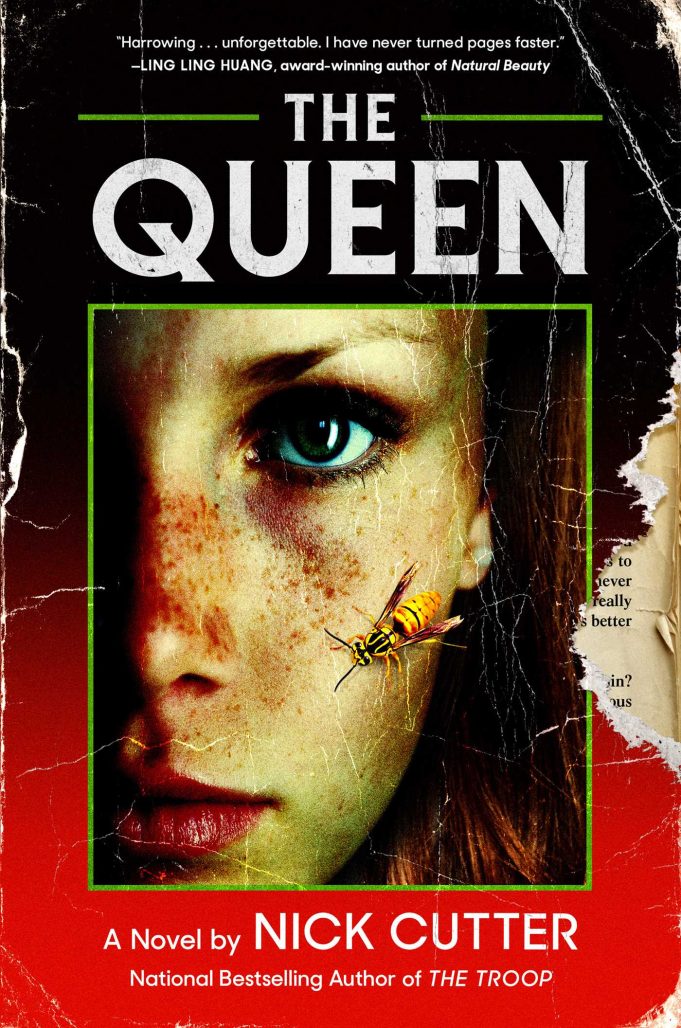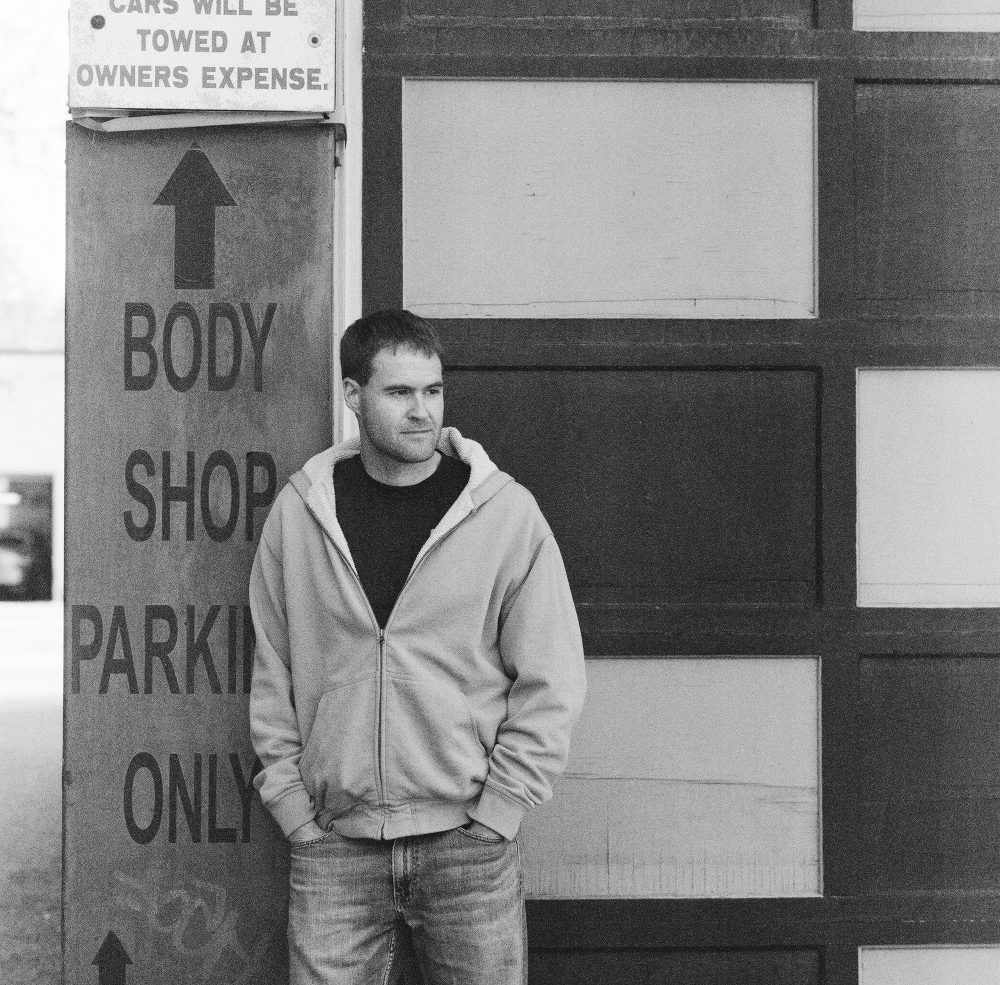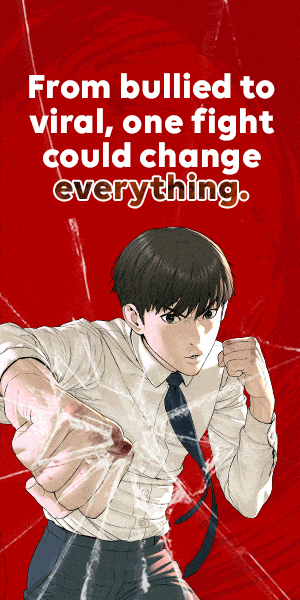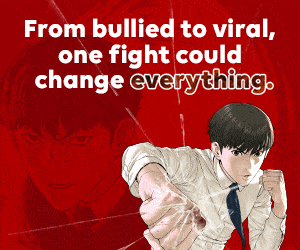Body horror is perhaps the most confrontational and uncomfortable subgenre in horror. Sure, the sights and sounds of bodies slowly rotting or peeling away to reveal squishy new organs or alien-like appendages are enough to rattle anyone, but it’s more than that. It goes deeper and involves a lot of blood. Something inside us wants to molt its way out, leaving behind an empty husk that only hints at what we once were.
Author Nick Cutter is well aware of this as is evidenced by his previous forays into this type of horror with the wildly popular The Troop (Lord of the Flies meets Cronenberg) and Little Heaven (a take on Western horror involving a cult and monstrous transformations). His approach to the human body as an object of terror sees the things that push out from beneath the skin not just as reflections of the darkness we’re capable off, but of the hidden desires that we are too willing to indulge should the opportunity present itself. It’s not just about how the monster within gets to present its case on who we really are. It’s about embracing the new flesh to show just how deep the ugliness runs.
Cutter’s new book, The Queen, drives this point home with aplomb. It’s a story about genetic manipulation, teenage anxieties, and how our bodies find ways to hide secrets even those closest to us can’t quite reach. The book follows Margaret Carpenter, a teenager whose best friend is missing (a girl called Charity Atwater). One day, she starts getting strange text messages that start her on a bizarre journey that promises to reveal things with the capacity to tear at her heart. Secrets lead to forbidden science, friendship woes, and cruel insects with a particular taste for violence.
There’s one scene in the book involving ants that will certainly leave a well-earned scar for those readers that brave the gruesome prologue and stick with the story. Apparently, I still had a vacancy open in my mind for a new nightmare, and The Queen was quick to claim it.
I chatted with Nick Cutter (real name Craig Davidson) about his new book, what pulls him to body horror, and those damn ants. If ever there was doubt that Cutter is a master of body horror, this book will settle that once and for all.
RICARDO SERRANO: The Queen isn’t your first foray into body horror. Your first novel, The Troop, had plenty of that to spare. What calls to you from it?
NICK CUTTER: I’ve sort of been asking myself the same question. I grew up reading and watching all sorts of horror, so I love all horror. I love well-tailored ghost stories, psychological thrillers, really just anything. Body horror was something that I certainly remember reading and enjoying, maybe even more so on the movie side. It was never the style of writing that I thought I would get into when I picked up a pen and started putting ideas to paper.
There’s one thing about writing, though. It shows you your obsessions. That The Troop and The Deep, and pretty much every Cutter book, indulges strongly in body horror says that there must be some kind of buried obsession with bodily decay in me.
I’m very interested in looking at the things that fester inside of us as opposed to the threats outside of us, where there’s a killer who’s chasing you or some kind of monstrous entity coming after you. That stuff can be externalized so you can confront it and deal with it, to an extent. Body horror, on the other hand, often deals with inner decay. Once you’ve sort of opened yourself up to that and think about the things you can explore with the idea of some malicious thing living under your skin, well, it becomes difficult to extricate yourself from it.
SERRANO: There’s a particular sequence in the book regarding flesh-eating ants that will certainly stick in people’s minds. It came across to me as something you’d get from 1970s-1980s Italian horror films. Lucio Fulci himself would be proud. How did you land on this sequence and on the choice of insect for it?
CUTTER: So, there’s some history there. There’s this story that I read when I was younger that used to be taught in schools before my time, about an army of ants descending upon a man’s plantation. I believe the story was assigned during the 60s and 70s to students. It was initially published in Esquire magazine, and it was called “Leiningen Versus the Ants”. It was about the same type of ant I use in The Queen, the siafu ant, and how they went on this feeding spree consuming everything in their path.
It was a kind of colonization story where a guy is essentially standing his ground against an invading mass of ants. While a lot of it doesn’t hold up anymore in terms of being culturally sensitive, as a kid it was fascinating to me because of the ants.
Then I remembered watching an episode of MacGyver set in the jungles and, again, the same siafu ants make an appearance. They’re attacking a research facility this time around and they were a force. I felt like the writer of this episode had clearly been influenced by the same story I read as a kid. Then it was a matter of going down the rabbit hole. I discovered that ant fiction, for lack of a better word, is well represented. HG Wells did one, called “Empire of the Ants”. Dario Argento did one called Phenomena, which relied heavily on insects. On and on it went.
In any case, I found insects, and ants specifically, to be a great vector for horror. I wanted to use them as a springboard for the hardest things I explore in the book. The characters involved in this sequence, for instance, were modeled after rich guys not unlike Elon Musk and Jeff Bezos, people who I thought would experience something as terrible as the siafu ants and then go on to replicate their destructive capabilities for financial gain.
Those scenes were shockingly fun to write. I don’t know what that says about me.
SERRANO: I found it interesting that you basically listed all the movies and stories that influenced you in the writing process for The Queen in the afterword. How do you keep from letting those influences take over?
CUTTER: I want to wear my influences very boldly on my sleeves. I think it’s important to know that you’re almost always starting off from an idea that sort of comes to you out of the blue. Once they arrive they settle in quite quickly, and that’s when you start bringing them into focus with the things that you’ve read or seen and liked before. For me, in this book, it was genetic manipulation. Frankenstein would be another influence, though it’s not listed in the afterword. I feel like it’s such an obvious corollary to any sort of mad scientist-type narrative that it’s kind of inescapable.
I wanted to point out my influences so I could amplify the things closest to me as well. The setting of the story, for instance, is my hometown. This allowed me to deal with the same emotional touchstones that were important to me growing up. I mean, just the idea of leaving home after graduating high school only to realize the path you were in with your friends was going to reach a life-altering crossroads gives you a lot to write about.
And that’s where the dynamic changes. You’ll still talk to your friends every week, and you will have visits. Then time passes and you notice the conversations and the visits start to dry up. You make new friends, start frequenting new places. Then old friends start becoming childhood memories. Before you know it you run into them on the street and there’s this kind of shock that people who were so close once have now fallen so far away from each other.
Those are the things that I keep anchored to my writing. I’m not saying they are unique to me. Obviously, they’re very universal types of feelings. I just investigate them from my own perspective and put my own lens on things. Influences help me to give shape and form to those ideas.
SERRANO: The character of Margeret stood out to me as kind of exposed nerve-type. Much like your handling of the young cast in The Troop, you find things to say about behavior that hit harder because of the characters’ age range. What did Margaret and her perspective help you explore better than an older character might not have?
CUTTER: I was actually nervous, really, to approach a younger girl character for this book. I’ve written a fair bit about teenagers or kids on the cusp of teenage-hood and I find it’s easier to go back into my own memories of those times to flesh out my characters. That said, I didn’t feel like the story would cohere properly if it were entirely focused on boys. So I had to step into a whole different set of experiences that, quite frankly, have not been open to me and that didn’t synchronize with my own upbringing. As a result, I decided to stick with the universal.
A lot of things are just made up of human experience. I can add things that come up for everyone within an age group, and then it’s a matter of building on them. Friendship, love, these are all things that we all have to deal with regardless of gender.
Obviously, there are many things that are differently tinged, not only on the basis of whether you’re male or female or non-binary, but also if you’re of a different skin color. All those things come to bear, though, and they can sort of exceed the bounds of whatever I’m trying to do.
Every book comes with its challenges, and I’m going to do my best to tell a good story that doesn’t shy away from all complexity that comes along with it. That said, other books are like landmines that sort of blow up in the middle of the story. When that happens, you need to just pick up the narrative pieces and try to put them together with duct tape and crazy glue to see where they can go. It’s all part and parcel of the creative process.
The Queen is available now wherever you get your books.







